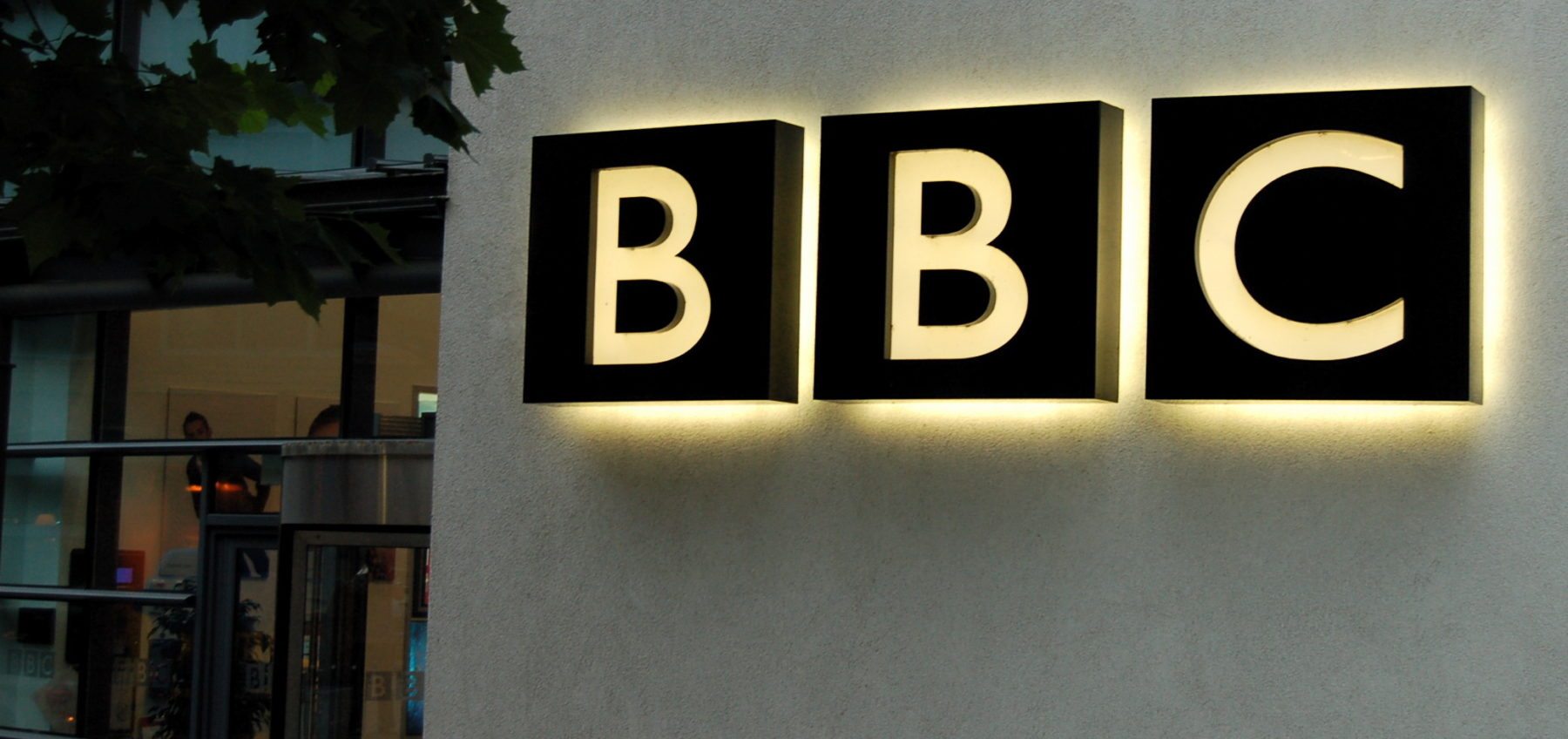Why the BBC shouldn’t charge students to watch iPlayer
“You need a TV Licence for BBC iPlayer” an imposing black leaflet delivered to everyone on campus begins. It feels vaguely reminiscent of the laughably presumptuous “you wouldn’t steal a car…” anti-piracy adverts at the start of DVDs. Well, to the BBC: if you were trying to scare me into paying £145, you have not only failed, but also highlighted the madness of the situation.
I mean, getting slapped with a thousand pound fine because you curled up and watched an episode of Planet Earth II after a heavy Wednesday night at Pop? Come off it. Granted, a thousand pounds is the maximum fine, and you are unlikely to get stung that badly unless you are neglecting your degree to operate as a prolific renegade TV critic.
The accompanying letters paint a picture of the BBC as a kind of nefarious surveillance outfit. “Reply today to stop our investigation.” Bloody hell! Even more worrying is the BBC’s deployment of “detector vans”, which according to their own website “can detect the use of TV receiving equipment at specifically targeted addresses within minutes”.
Getting slapped with a thousand pound fine because you curled up and watched an episode of Planet Earth II after a heavy Wednesday night at Pop? Come off it.
That the BBC had to get special legal permission to be able to spy on our homes is made all the more absurd by the fact that the BBC are also refusing to explain how the vans will work. This all doesn’t bare thinking about. Before you know it, the cast of Holby City will be kicking in your door – whilst the boys from HIGNFY deploy political barbs to painful effect.
My main issue is that I love the BBC. They make some top-quality TV without disruptive adverts. I completely understand the need for a TV license (though that has been subject to much debate amongst MPs), but do they really need to pinch students’ pockets for iPlayer? Especially when they’re often watching old programmes on something that isn’t a television set?
My main issue is that I love the BBC. They make some top-quality TV without disruptive adverts.
UCAS says that in 2015 there were 532,000 students entering higher education. If we take this figure to be a guide then that’s a maximum potential revenue of £77,140,000. However, the TV licensing website states that only 63% of students use iPlayer reducing that revenue to £48,598,200. Again, the TV licensing website tells us that, in 2014, the BBC made 3.72 billion pounds. Students therefore would make up a minuscule approximate 1.3% of the BBC revenue.
Many people argue that as programmes are expensive to produce, it is only fair that we pay for it. It’s a very good point and one I would normally agree with; however, the BBC isn’t just a business. It is the only TV company with a Royal Charter and which is answerable directly to Parliament. In other words, it’s more of a public service than an entertainment company.
Students therefore would make up a minuscule approximate 1.3% of the BBC revenue.
Their mission ‘to enrich people’s lives with programs and services that inform, educate and entertain’ is meant for everyone. Obviously, there are huge costs involved with that, all of which justify the need to have a license fee. Yet most other public services have tax breaks for the disadvantaged. The elderly, low income families and, of course, students fit this category.
We do not have any income coming in (at least most of us), so surely it isn’t right to charge what is a tax when we already have huge student debts. The BBC needs to choose what it is: a first-rate business or a first-rate public service. The majority of people support the existence of the BBC, but it needs to fix its funding mess.

Comments (1)
I totally agree, the BBC was made as a public service that should be accessible to all, not just those who can afford to pay for it. I also think the idea of a reduced rate for people with lower incomes I.e. Pensioners, students etc is a good idea. An amazing article.